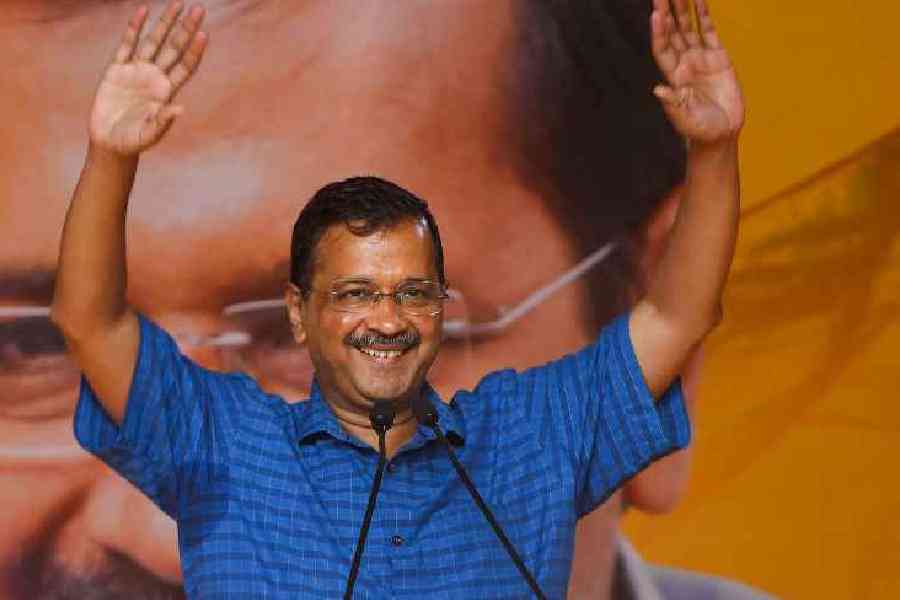In a landmark move aimed at revolutionising energy consumption and combating air pollution, the Arvind Kejriwal-led government in Delhi has unveiled the Delhi Solar Policy 2024, promising to make electricity bills for all residential consumers zero and halving them for commercial and industrial users who opt for solar power.
Addressing the media, Chief Minister Arvind Kejriwal highlighted the significance of the policy, emphasising its dual goals of reducing air pollution and tackling inflation by slashing electricity bills. "Our aim is to establish Delhi as a leading state for solar adoption in India," he stated.
Under the new policy, residential consumers who install solar panels on their rooftops will enjoy zero electricity bills, regardless of their consumption levels. This move is expected to significantly ease financial burdens on households and promote sustainable energy practices.
Kejriwal also announced incentives for consumers, stating that installing solar panels could generate an additional income of up to ₹700-₹900 per month. He pointed out that while the national inflation rate stands at 6%, Delhi's rate is a mere 3%, a figure expected to further decrease with the implementation of the solar policy.
The policy aims to ramp up the installed solar capacity in Delhi to 4,500 MW by 2027, a threefold increase from the current capacity of 1500 MW. This ambitious target underscores the government's commitment to harnessing solar energy to meet the city's growing power demands.
To encourage adoption, the government will provide financial incentives such as Generation Based Incentives (GBI) and capital subsidies to residential consumers. Net metering will allow consumers to offset their electricity consumption with solar power generation, leading to reduced bills.
Additionally, the policy introduces innovative models like community solar and peer-to-peer trading to address challenges faced by consumers with limited rooftop space or funds. This inclusivity ensures that all residents can benefit from solar energy, irrespective of their circumstances.
The government has also mandated the installation of solar plants on government buildings with rooftop areas exceeding 500 square meters within the next three years. This step further reinforces Delhi's commitment to sustainability and renewable energy.
The announcement of the Delhi Solar Policy 2024 has been met with widespread acclaim, with experts hailing it as a significant step towards a greener, more sustainable future for the capital. With its comprehensive incentives and innovative deployment models, the policy is poised to transform Delhi into a beacon of solar energy adoption in India.











